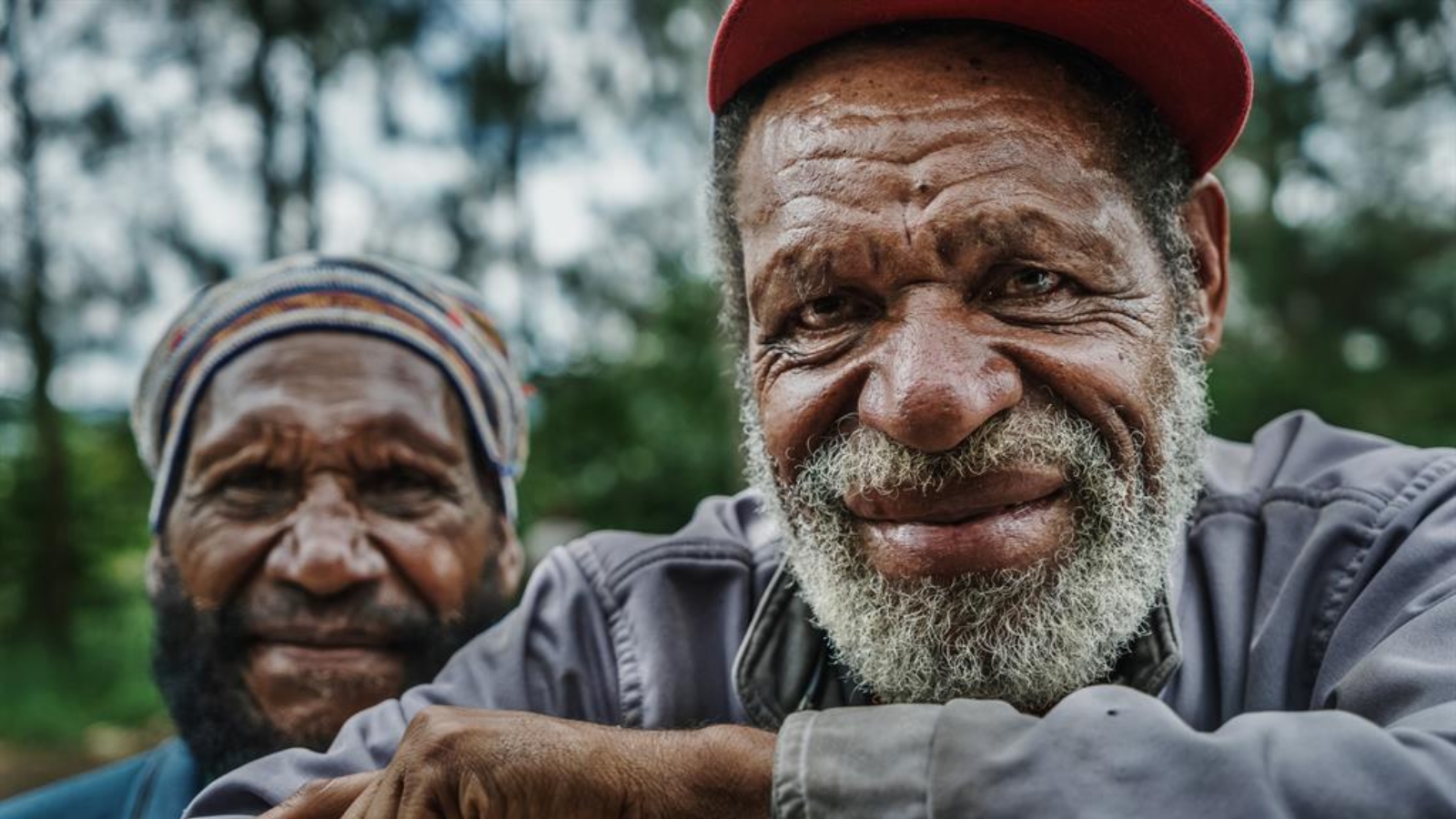
In most countries, life expectancy has increased, with future generations likely to live longer lives, yet often with disease. As people develop and age, their health needs can become more chronic and complex. At the population level, these patterns and distribution of health and illness become more diverse, often reflecting unequal opportunities. The life course approach recognizes that health outcomes at different life stages are interconnected and influenced by a range of social, economic, and environmental factors. Intergenerational health, explained by the principle of linked lives in the life course approach, considers how these outcomes affect not just individuals but also subsequent generations. This underscores the importance of early interventions (in all life stages) and continuous support across the lifespan, with the aim to improve the life course trajectories of current and future generations.
Considering the growing evidence on the importance of adopting a life course and intergenerational approach to health, this event aims to:
- Underline the importance of the Declaration on Future Generations, an important response to the poly-crises the world is currently facing
- Present the WHO framework on the operationalization of a life course approach and raise awareness of the role of using the intergenerational approach for implementation
- Provide a forum for Member States and NGOs to share best practices and case studies
- Identify opportunities for collaboration and integrated action, including added value in promoting the health and well-being of future populations
- Discuss the role of different stakeholders, including UN organizations, ministries, and regional offices, in promoting this approach
The agenda for the event can be found here.
This event is organized by World Health Organization (WHO), Department of Maternal, Newborn, Child, Adolescent Health and Ageing. Partners include UNDESA, UNFPA, WHO Regional Office for South-East Asia, Pan American Health Organization (WHO Regional Office for the Americas), WHO Western Pacific, Member states – Japan, Dominican Republic, Sierra Leone, HelpAge International
After registering, Zoom information will be sent to you.
If you have questions, please contact lifecourse@who.int
 Welcome to the United Nations
Welcome to the United Nations